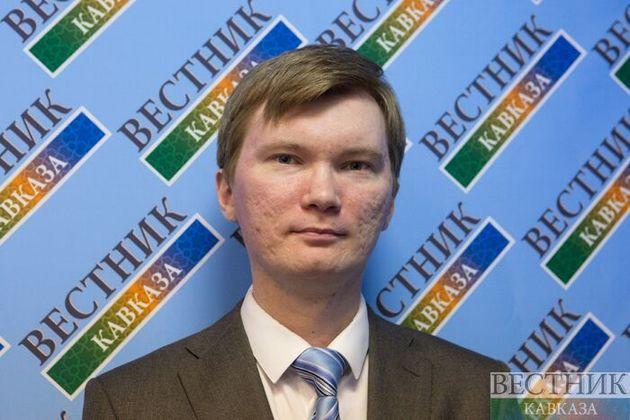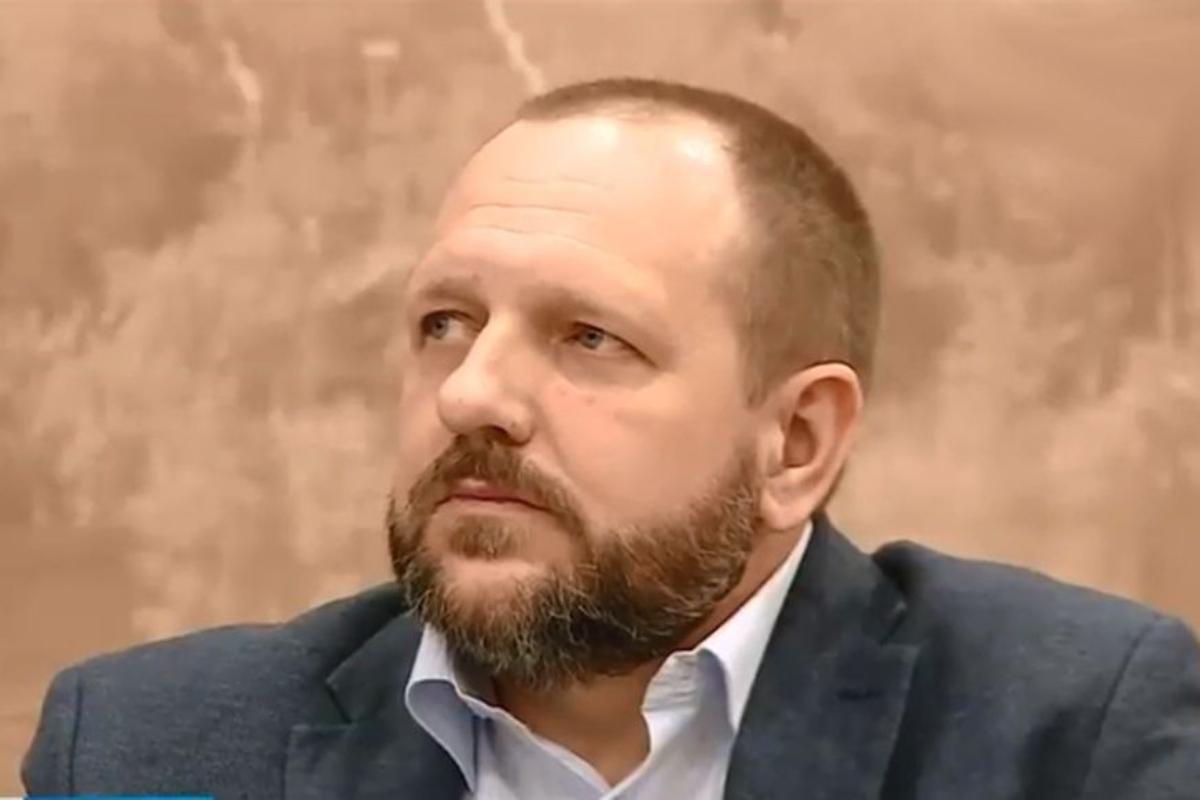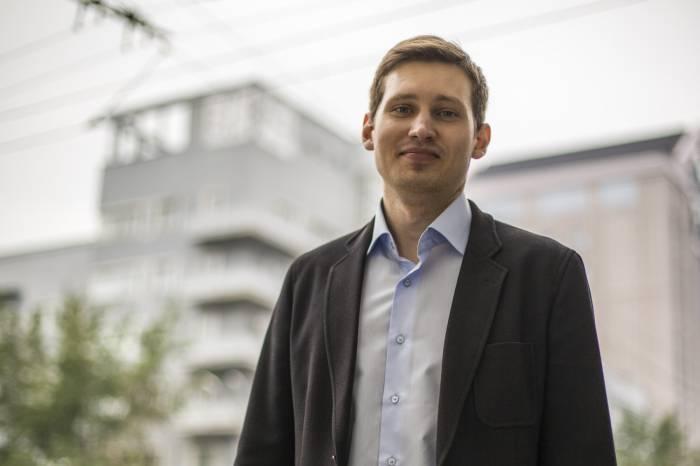Moscow will have to punish Armenia for geopolitical treachery, pundits warn Brussels meeting could be detrimental to Yerevan
The Armenian leadership's apparent intention to sacrifice its partnership with Russia for Western offers has garnered concern from Russian Foreign Minister Sergei Lavrov, who decries the country's willful pursuit of the collapse of relations with Russia. Lavrov has stated that the Armenian leadership's actions are leading to the slandering of Russian servicemen, who serve at the 102nd military base, the border guards, and the Collective Security Treaty Organization at large.
It remains unclear how Russia intends to respond to Armenia's actions. Will it limit itself to mere censure of Armenia's position or take more severe measures against the country? Caliber.Az correspondent reached out to Russian political analysts for their input on the matter.

Andrei Petrov, Deputy Director General of the "Vestnik Kavkaza" news agency and a political scientist believes that the fate of Armenia will be decided in Brussels on April 5. Petrov posits that Ursula von der Leyen and Anthony Blinken await Pashinyan in Brussels not to discuss economic security or other matters but to finalize Armenia's anti-Russian position and document it. Russian politicians, such as Lavrov and Zakharova, are already talking openly about turning Armenia into an anti-Russian bridgehead. Russia has a clear understanding that Armenia is becoming a testing ground for NATO, the primary anti-Russian structure globally. He believes that this structure will manifest on Armenian soil and will undoubtedly conduct anti-Russian activities from there.
In his opinion, the first thing to expect is that Blinken will order Pashinyan to completely withdraw all Russian military structures from Armenia.
"The first step has already been taken. Russian border guards will be withdrawn from Zvartnots airport so that any Western politician or military officer can fly to Armenia unhindered. Then it is logical to propose to Russia to remove the border guards from the Iranian and Turkish borders, and then the most important question will be raised - the location of the Russian military base in Gyumri. If there was any doubt before, now we can say with a high degree of probability that Armenia will raise this issue and under some sauce will demand from Moscow the withdrawal of the Russian military from its territory. After that - the withdrawal of Russian troops from Armenia - NATO troops will go there, and Washington and Brussels will add this day to the list of their victories over Russia," Petrov noted.
According to him, Armenia is quite ready to surrender to the US in exchange for some bonuses such as EU candidate status and become a kind of prize, a symbolic victory of the EU and the US over Russia.
"What might Moscow's reaction be? Currently, Russia is taking a soft approach to convince Pashinyan of the fallacy of his actions. They argue that the EU and US cannot offer Armenia the same benefits as Russia. And this is indeed true, Russia has much more to offer Armenia. And now Moscow is trying to convince Pashinyan of this bargain that the Armenian prime minister has struck with Russia and the West," Petrov believes.
According to the political analyst, if Armenia does not listen and documents the agreements proposed by the West, Moscow may have to take action against Armenia for betraying its geopolitical interests.
The following statement from a political analyst suggests that Russia may take tough actions against Armenia using economic levers. Armenia is a member of the EAEU (Eurasian Economic Union) and receives significant benefits from it, such as duty-free access of Armenian goods to Russia and free movement of Armenian capital. However, Russia can easily take away these benefits since they are not formally agreed upon. This could cause severe economic damage to Armenia and may destabilize the country. The analyst also notes that the EU and US are not likely to help Armenia in this situation since their priority is to weaken Russia. The analyst hopes that Armenia's leader, Pashinyan, will make a wise decision before his upcoming trip to Brussels and avoid losing these vital benefits.
Either way, he says, Armenia will be the main victim, with Yerevan the least protected from the vicissitudes of geopolitics. Unlike its regional neighbours.
"With Armenia as their conductor, all regional players are prepared and protected against any external threats. Azerbaijan, Russia, Turkey and Iran have their own well-developed security systems. If a threat arises, they can work together to eliminate it. In general, Yerevan should listen to Lavrov's last words about the fact of Armenia's betrayal. What he said is a warning shot not even in the air, but close to Pashinyan's ear," Petrov stressed.

According to Vitaly Arkov, founder of the PolitRUS expert-analytical network, Nikol Pashinyan and his team are attempting to justify their betrayal by claiming that Russia and other CSTO allies did not assist Armenia during the Second Karabakh War. They argue that this is why Yerevan is now seeking security assurances from other allies in the West.
However, the key word here is "promise", and history has shown that the West has often failed to fulfil its promises. Furthermore, NATO, the European Union, and the United States do not view Armenia as an ally or equal partner. Instead, they see it as a territory that is strategically located for their interests. The authorities in Armenia have been compliant in facilitating these interests, effectively acting as puppets for these Western powers. In the case of France, Armenia is viewed as a new colony, akin to a Caucasian canton. Pashinyan has already earned an unflattering nickname from his countrymen for reducing Armenia to such a status.
However, according to Arkov, Pashinyan is lying when he accuses Russia and the CSTO of neglecting Armenia's security. Azerbaijan, in liberating its territories from years of occupation, did not pose a threat to Armenia's security, nor did it violate international norms or invade Armenian territory.
"Armenia, on the other hand, has systematically violated its commitments undertaken in the framework of the Karabakh conflict settlement. It continues to violate its commitments already under the Tripartite Declaration of November 9-10, 2020. Pashinyan's words now, when he talks about NATO, France and the United States coming to Armenia with peace plans, are also absolute lies. Representatives of these structures and countries are also liars.
France is actively arming Armenia and calling for "revenge", i.e. an attempt to regain Azerbaijani lands. When the USA intervenes in a conflict as a peacekeeper, it does not lead to peace, but to aggravation of the conflict and even more victims, including civilians," Arkov said.
As for NATO, according to the political analyst, one of the results of the recent visit of the bloc's Secretary General Jens Stoltenberg to Yerevan was the agreement to set up training camps in Armenia, where natives of African and Middle Eastern countries, who have flooded EU countries, especially France, including illegally, will be trained for subsequent transfer to Ukraine.
"Paris promises them citizenship of the Fifth Republic for the whole family after one year of service to the geopolitical interests of the Elysee Palace. Which, as we know, are not only in Ukraine but also in the South Caucasus. It is therefore logical to assume that not all French commandos trained by NATO specialists will go to Ukraine - many will stay in Armenia. Why? This is already an issue of concern to neighbouring countries," Arkov said.

Political analyst Alexander Ryabtsov has warned that Armenia could face severe consequences, including a sudden retaliatory strike from Moscow. According to Ryabtsov, the Pashinyan government is raising the issue of the Russian military base in Gyumri in a treacherous manner. The Russian military may interpret the Pashinyan cabinet's ultimatum as a rude and provocative approach, which the Kremlin does not accept. If Pashinyan signs documents on cooperation with the EU on April 5, including the provision of a military security system for Yerevan, this may be the red line for Moscow. The Kremlin could respond to the provocation symmetrically, quickly, and with a strong retaliatory blow - it could be both economic and even military-political. Ryabtsov believes that this powerful counterstrike could occur even before April 5.








